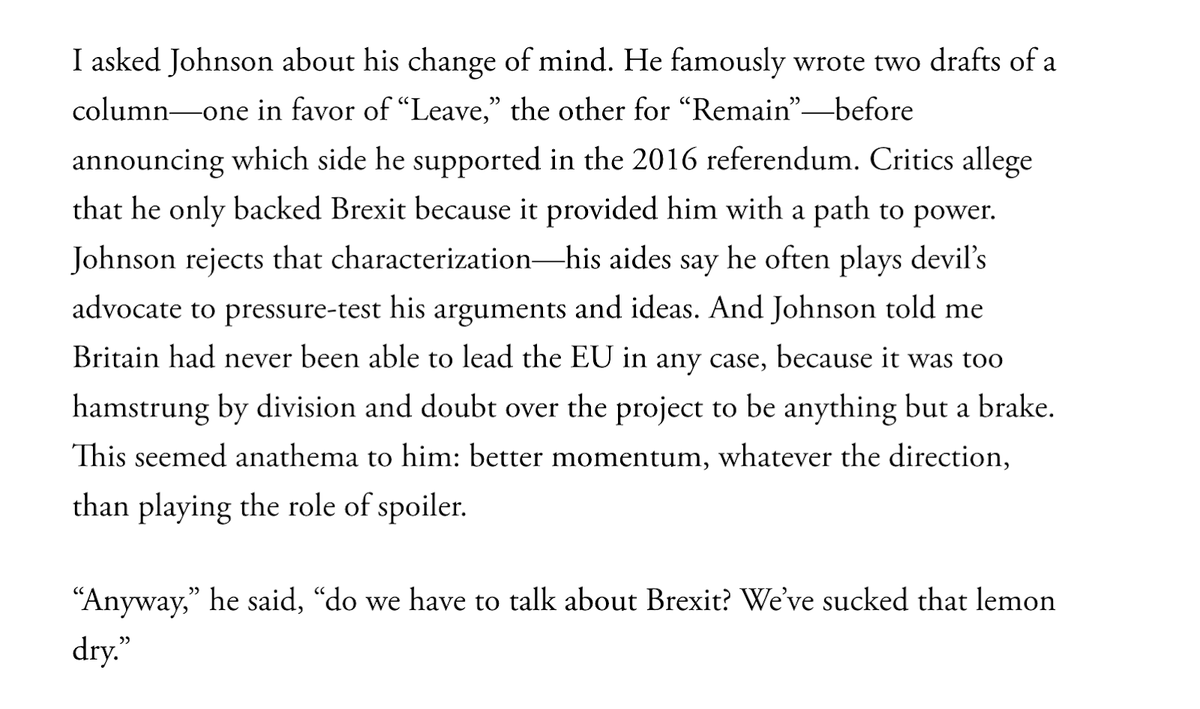
1/ The Atlantic’s @edyong209 has won the 2021 Pulitzer Prize for explanatory reporting. In a series of articles, Yong anticipated the course of the coronavirus pandemic, clarified its dangers, and illuminated the American government’s failure to curb it.
theatlantic.com/science/archiv…
theatlantic.com/science/archiv…
2/ In a prescient piece from March 2020, Yong predicted that the United States’ early mishandling of the crisis could lead to an outbreak unlike anything in modern memory:
theatlantic.com/health/archive…
theatlantic.com/health/archive…

3/ The nation’s patchwork response would have consequences, Yong warned in May 2020: “Americans should expect neither a swift return to normalcy nor a unified national experience, with an initial spring wave, a summer lull, and a fall resurgence.”
theatlantic.com/health/archive…
theatlantic.com/health/archive…
4/ By September, the U.S. had a quarter of the world’s confirmed COVID-19 cases and deaths. After speaking with more than 100 experts in a variety of fields, Yong learned that almost every misstep was predictable and preventable: theatlantic.com/magazine/archi…
5/ In August, Yong wrote about the need to understand the lingering “long COVID” illness that some patients experience: theatlantic.com/health/archive… 

6/ Americans trusted intuition to help guide them through the pandemic—yet intuition led many astray. In September, Yong detailed nine conceptual errors keeping the U.S. trapped in the pandemic: theatlantic.com/health/archive…
7/ The horrors of 2020 will leave lasting scars, Yong wrote in December—and “a nation that has begun to return to normal will have to decide whether to remember that normal led to this.”
theatlantic.com/health/archive…
theatlantic.com/health/archive…
8/ Americans’ tendency toward individualism is hampering our ability to acknowledge the ongoing global threat of the pandemic, Yong wrote earlier this week:
theatlantic.com/health/archive…
theatlantic.com/health/archive…
9/9 @edyong209 has continued to report on the ways COVID-19 is changing science and our way of life. Find a comprehensive list of his award-winning pandemic coverage here: theatlantic.com/science/archiv…
• • •
Missing some Tweet in this thread? You can try to
force a refresh









